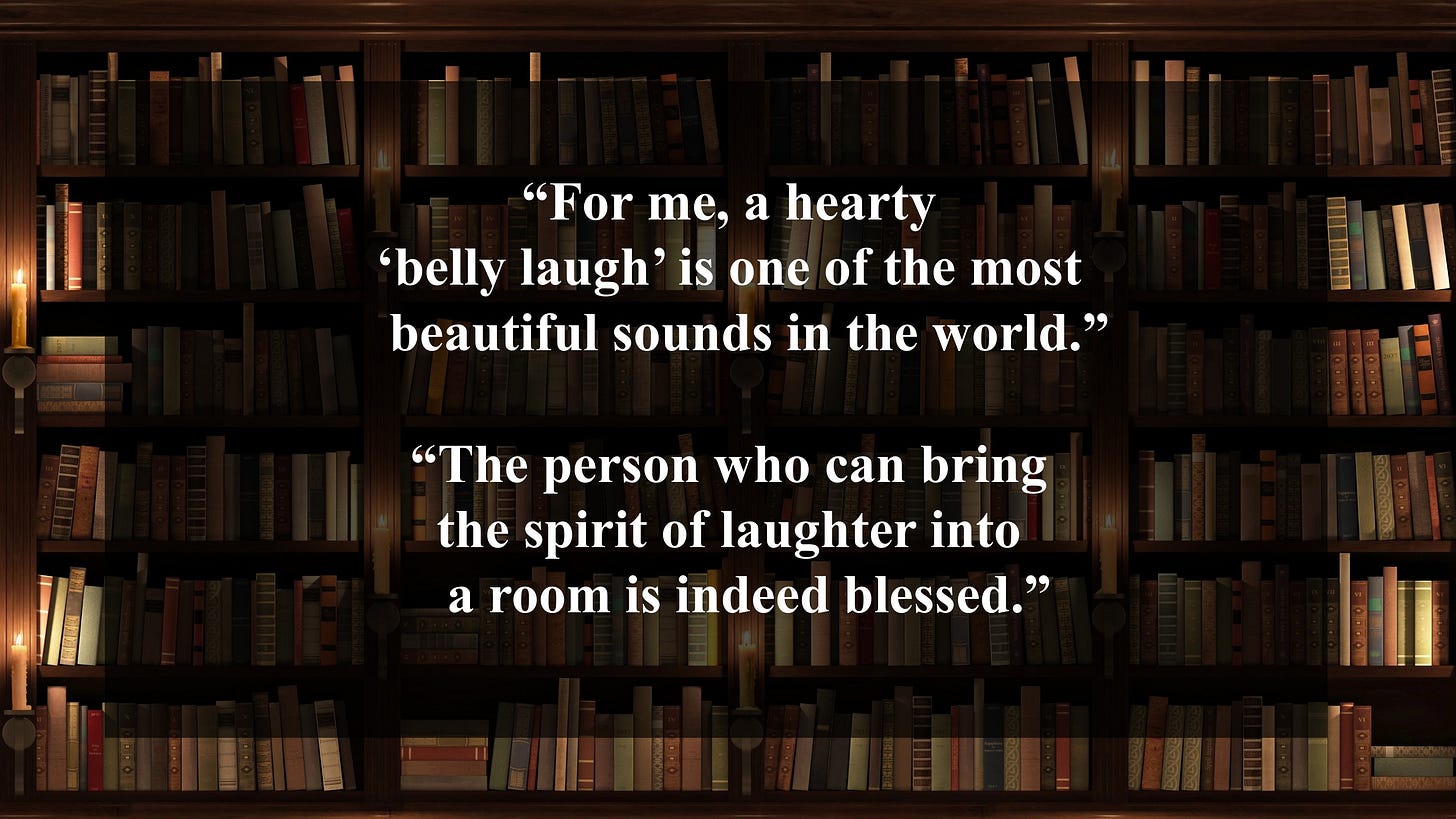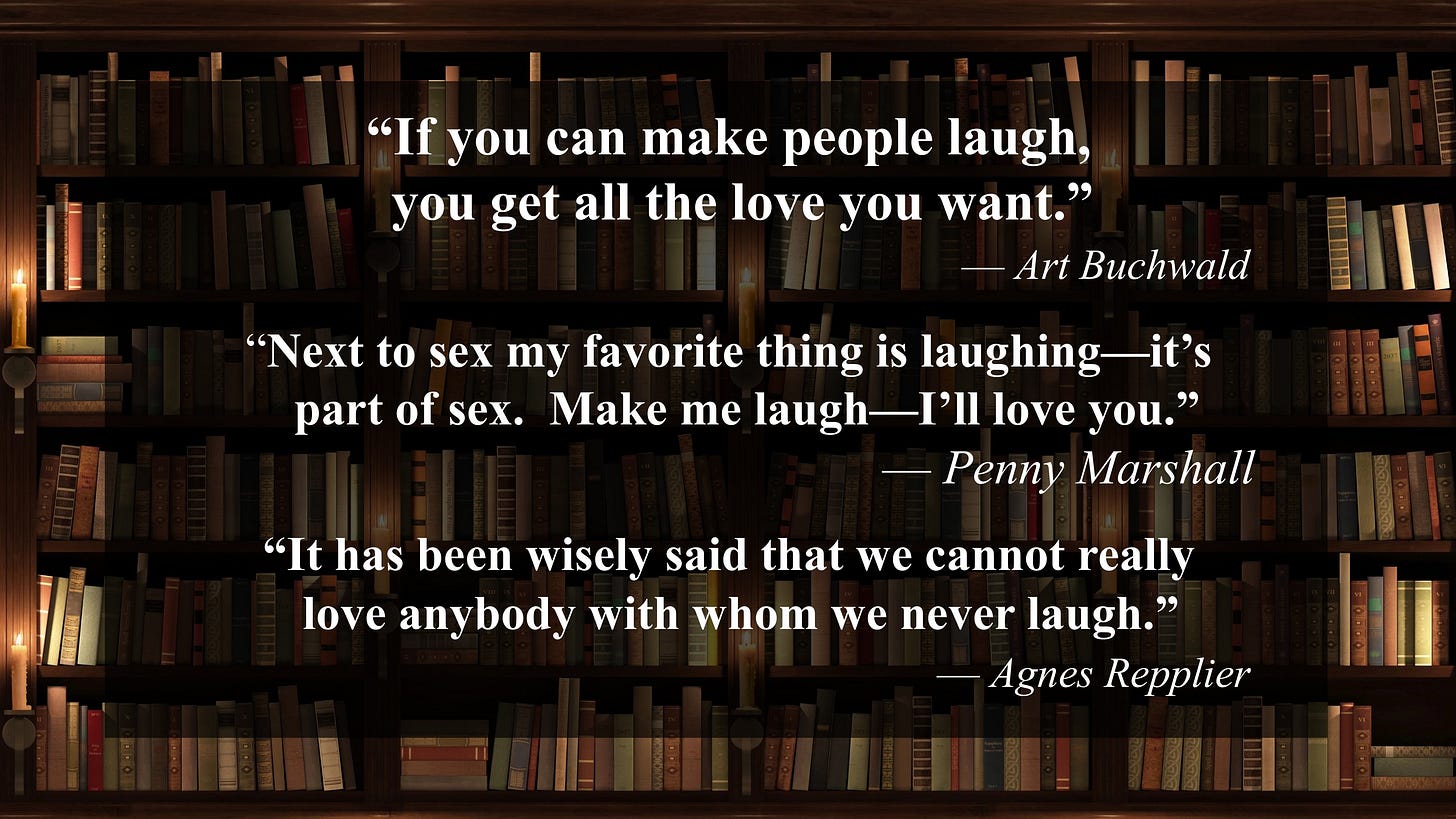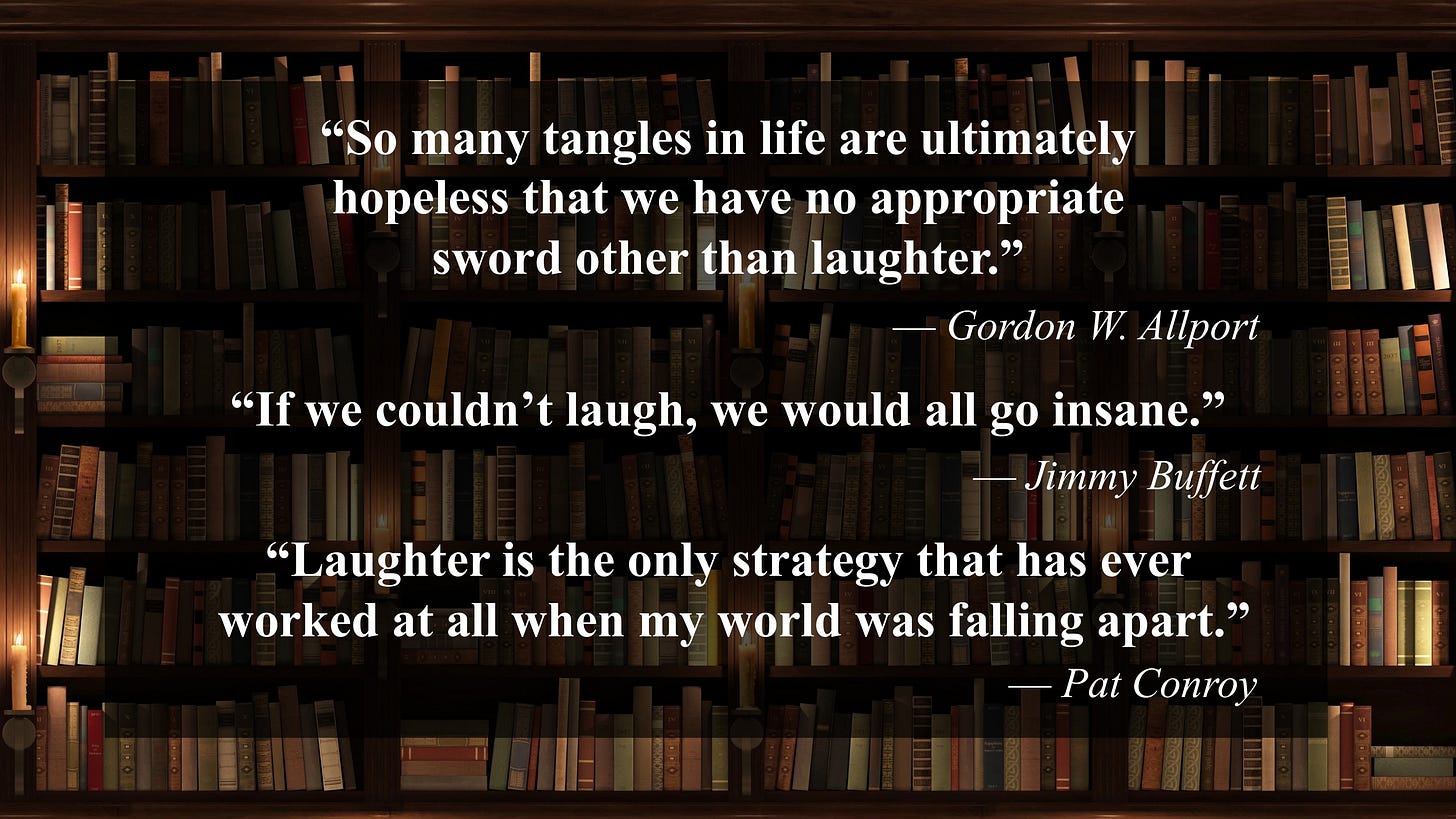Opening Line of the Week
This is one of literary history’s classic opening lines, ranked # 92 in the American Book Review’s 2006 listing of the “100 Best First Lines from Novels.”
In a 2011 “Daily Writing Tips” post on “20 Great Opening Lines to Inspire the Start of Your Story,“ Mark Nichol described the first sentence as a “romantic” opener, not in the traditional meaning of the word romance, but rather “in the sense of lust for life.” About the first sentence, Nichols went on to add that it “lets you know right away that you are about to meet someone larger than life.”
The opener became so indelibly associated with Sabatini that, after his death in 1950, it was inscribed on his gravestone in Adelboden, Switzerland.
For nearly 2,000 memorable opening lines from every genre of world literature, go to www.GreatOpeningLines.com.
This Week’s Puzzler
On May 25, 1898, this man was born in New York City. Raised in affluence on Manhattan’s Upper West Side, the bulk of his family’s money came from his mother, whose father made a fortune in the tobacco business.
While attending Columbia University, he worked on the college newspaper and served as editor of the school’s humor magazine. After graduating in 1920, he worked for a few years as a stockbroker and newspaper reporter before taking a job with Boni & Liveright, the publisher of “The Modern Library” books.
In 1925, he teamed up with a partner to purchase The Modern Library Imprint, and they quickly made it the mainstay of their new publishing company, Random House. Over the next four decades, he became something of a legend, bringing in a stable of authors that included James Joyce, William Faulkner, James Michener, Truman Capote, and Ayn Rand.
In popular culture, this week’s Mystery Man was better known as a panelist on one of the most popular primetime shows in TV history, “What’s My Line?” He also wrote a number of humor books and a respected 1977 autobiography titled At Random. An entertaining raconteur, he loved to make people laugh, and two of his most popular quotations reflect this aspect of his personality:
Who is this man? (Answer below)
“Why Is Laughter So Important in Human Life?
I’ve long loved this Steve Allen quotation, but this past week I found myself focusing on only the first portion: without laughter life on our planet would be intolerable. As the phrase whirled around in my brain, it got me thinking, “Why, exactly, is laughter so important in human life?” Let’s explore that question this week.
Laughter Promotes Physical Health.
Laughter—especially sustained laughter—provides many of the health benefits normally associated with vigorous exercise. When we laugh, our brains release dopamine and endorphins, the body’s natural painkillers and mood elevators. Laughter also reduces stress hormones like cortisol and adrenaline, thereby improving our immune system. Laughter also improves blood flow and the functioning of the heart and lungs.
In 1979, the idea that laughing promotes physical health got a huge boost when Norman Cousins, the longtime editor of The Saturday Review and a legendary peace activist, came out with Anatomy of An Illness as Perceived by the Patient. Several years earlier, Cousins was diagnosed with a painful and life-threatening illness. Disappointed with his doctors, he took control over his own medical treatment, taking large doses of Vitamin C and watching Marx Brothers movies and “Candid Camera” videos for hours each day. He slowly began to improve—greatly surprising his doctors—and credited his version of “laugh therapy” for his eventual cure.
Laughter Breaks Down Barriers Between People
When Victor Borge said, “Laughter is the shortest distance between two people,” he was describing laughter’s important role as an interpersonal bonding agent. We see it happen every time people from widely disparate backgrounds suddenly experience a moment of shared laughter. They immediately make an existential connection that allows them to transcend their differing languages, racial and ethnic backgrounds, socioeconomic class, sexual orientation, political differences, and the many other ways people differ from each other. In that single moment, we see them—at least temporarily—setting aside their preconceptions and stereotypes as they think: perhaps we’re not so different after all.
Laughter is Indispensable in Winning Another Person’s Heart
Let me rephrase that. It is not laughter per se that’s so helpful in getting people to fall in love with you, it’s the ability to elicit laughter in the object of your affections. Just think for a moment about all the people you’ve truly loved over the years. What was the key factor in winning your heart? Good looks? Charm? Intelligence? Kindness? While these traits may have played a role, the one quality that has historically been cited above all others was expressed by Joanne Woodward in a 2008 Glamour Magazine interview. Referring to husband Paul Newman, Woodward said:
“Sexiness wears thin after a while and beauty fades, but to be married to a man who makes you laugh every day, ah, now that's a real treat!”
There’s something almost irresistible about people who can elicit laughter from others, and the gift they have is called a sense of humor—a trait so important in the the courtship ritual that evolutionary psychologist Geoffrey Miller described it this way in The Mating Mind: How Sexual Choice Shaped the Evolution of Human Nature (2003):
“A sense of humor does not just reflect intelligence—it is intelligence dancing.”
This is a spectacular metaphor, brilliantly conveying the idea that when we see a sense of humor effectively employed in the early stages of a relationship, it can be captivating, indeed. The whole business was described quite nicely by W. H. Auden in The Dyer’s Hand (1962):
This is one of Auden’s most famous observation, and it’s certainly true in my case. For my entire life, all the people I’ve loved—romantically and platonically—have been able to make me laugh. And, of all the people who fit into this category, nobody has brought more laughter into my life than Katherine, my wonderful wife of almost thirty-four years.
Laughter Becomes a Necessity When Things Go Bad
In 2012, stand-up comic Tig Notaro was diagnosed with breast cancer. Within weeks, she was opening her regular comedy routine with the words:
“Good evening. Hello. I have cancer. How are you?”
Notaro wasn’t joking about her condition, but rather trying to find an effective way to get through it—affirming that even in a life-threatening circumstance, she was still alive and able to experience the joy that life provides.
Psychologists are in near-total agreement that laughter is one of humanity’s most effective coping mechanisms—a clear and unequivocal indication that we can rise to meet the challenges of life. In Man’s Search for Meaning (1956), Holocaust survivor Viktor Frankl famously wrote that humor “was another of the soul’s weapons in the fight for self-preservation.” Even in the worst of conditions, he noted, prisoners who could laugh were able to preserve—even if briefly—a shred of their humanity.
When life gets hard, laughter becomes a defiant a way of saying, “I’m still here!” Out of nowhere, we see it surfacing in doctor’s offices, hospital rooms, funeral homes, and memorial services. Laughter at these times doesn’t deny what is happening, it simply provides a flicker of daylight in an otherwise darkened room.
O’Casey’s observation applies to life in general, but especially to life in extreme environments, like trauma centers, war zones, and the disaster areas created by floods, tornadoes, hurricanes, tsunamis, and earthquakes. With everyone—but with First Responders especially—laughter keeps people from completely unraveling as a result of the madness surrounding them.
This week, take a few moments to think about the role laughter has played in your life. Think especially about the many people who’ve brought laughter into your world, and how much you value them. Also spend some time thinking about whether you’ve been bringing the spirit of laughter to the people in your world. If you have, there are undoubtedly many people who care deeply about you. If you have not, well, you can guess the result. Once you finish your reflections, take a few moments to peruse these additional observations on this week’s theme:
Where there is laughter there is always more health than sickness. — Phyllis Bottome
You can’t laugh and be afraid at the same time—of anything. If you’re laughing, I defy you to be afraid. — Stephen Colbert
You can’t deny laughter; when it comes, it plops down in your favorite chair and stays as long as it wants. — Stephen King
Laughter is carbonated holiness. — Anne Lamott
Laughter is by definition healthy. — Doris Lessing
A good laugh is as good as a prayer sometimes. — Lucy Maud Montgomery
He who laughs, lasts! — Mary Pettibone Poole
Laughter may be the only free emotion—the only emotion that can’t be compelled. — Gloria Steinem
I was irrevocably betrothed to laughter, the sound of which has always seemed to me to be the most civilized music in the world. — Peter Ustinov
A good time for laughing is when you can. — Jessamyn West
A good laugh overcomes more difficulties and dissipates more dark clouds than any other one thing. — Laura Ingalls Wilder
For source information on these quotations, and many others on the topic of LAUGHTER, go here.
Cartoon of the Week:
Answer to This Week’s Puzzler:
Bennett Cerf (1898 – 1971)
Dr. Mardy’s Observation of the Week:
Thanks for joining me again this week. See you next Sunday morning, when the theme will be “Aims & Objectives.”
Mardy Grothe
Websites: www.drmardy.com and www.GreatOpeningLines.com
Regarding My Lifelong Love of Quotations: A Personal Note















Mardy, your quotation on laughter was the funniest one of all. Reminded me of the line that politicians are a lot like diapers. They need to be changed often, and for the same reason. Keep smiling.
Oh Boy. You get this week's Sitting Ovation Mardy!!! Loved this one this morning. Reading it while still horizontal, I jumped up when I realized that I have an actual copy of one of Cerf's books on my shelf. (Out on a Limerick). And then I remembered something else but I wasn't sure I was remembering right. I wonder if you know him (of course you do, you know 'em all!!). Ogden Nash and the title is 'The Golden Trashery of Ogden Nashery'.........I Googled it and learned that my brain still retained an accurate ability to recall real stuff! In case readers don't know who he is, let me refresh your memory. He's the guy who gave us 'Candy is dandy..but liquor is quicker'. On another note, years ago while discussing relationships (married or platonic), I asked a group of female students what they looked for in a life partner. I had expected them to talk about economics, intelligence, ability to provide material possessions that a partner would bring, etc.....but overwhelmingly, most of them rose above that level of thinking and replied 'What I want most in a relationship, is a guy who will make me laugh.' I strongly agree. And there's a whole long list of men who make me laugh...Danny Kaye tops my list followed closely by Mel Brooks. I would have loved to know them... Thanks Mardy. I just sent a copy of your observation of the week to a friend who works for the UN and is currently 'stationed' in Gaza. I don't ask him about his work, I just try to send him something to make him smile daily.